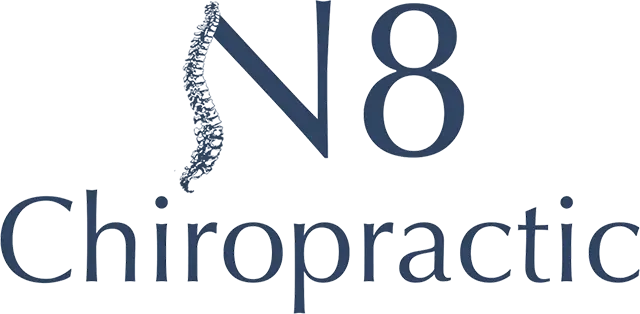A pinched nerve happens when a portion of a nerve is compressed by any surrounding tissues such as muscles, bones, tendons, or cartilages. This condition is common and can happen to almost anyone. People aged 50 and above have a higher risk of developing a pinched nerve due to other conditions.
Where do pinched nerves commonly occur?
A pinched nerve can happen to almost all parts of your body where your spinal nerve is traveling. The areas where pinched nerve commonly occurs are the following:
- Neck and shoulder
- Back and upper chest
- Arm and elbow
- Wrist and hand
Most Common Symptoms of Pinched Nerve
Pain that radiates outward
When a nerve is compressed, the pain may not just remain on the part where it is pinched. Because the nerve can be long, any part of the nerve can become painful. For example, if the pinching happens around the neck, the pain can also be felt down the shoulder, arm, hand, and fingers. If the pinched nerve occurs in the lumbar area, the pain may travel down the hip, buttock, leg, and foot. Symptoms associated with a pinched nerve are often described as sharp, burning, or aching.
Sciatica is one of the most common forms of a pinched nerve. This happens when the sciatic nerve supplying the legs is compressed. The hallmark of sciatica is a one-sided pain from the buttock down the foot.
If a person experiences a pinched nerve in the low back area, their pain may get worse during long periods of standing, sitting, or any position that employs more pressure on the back. Sudden shooting pain is also noticeable during forceful movements such as sneezing, coughing, laughing, and straining if a pinched nerve is present.
If the nerve is pinched around the neck, the pain is incorporated with stiffness and gets worse when turning the head.
Decreased sensation or numbness
One of the functions of the nerves is to send electrical signals to the brain when a sensation is perceived. If there is an obstruction along the path, electrical signals are interrupted, and the brain cannot detect the sensation.
A pinched nerve is a classic example of obstruction along the path of the electrical signals; therefore, numbness is present. This numbness also radiates down the course of the nerve affected.
Pins and needles sensation
Pins and needles sensation or tingling happens because of the irritation of the affected nerve. When the nerve is irritated due to pinching, an abnormality in the electrical impulses along the nerve occurs. This results in a different sensation felt around the affected areas.
If you have a pinched nerve in the neck, you may feel pinpricks from your shoulder to your arm. And if the pinched nerve is in the lower back, the tingling sensations can be felt from the buttock, thigh, leg, and foot.
Muscle Weakness
The nerves also control the movement of the muscles. When the nerve controlling a part of your body gets compressed, the result is a reduction of strength and control within this part. Depending on the part of the body affected, you may experience difficulty grasping or holding onto things or difficulty with walking.
If you suddenly feel muscle weakness, especially on the limbs, suspect a nerve involvement.
A feeling that your hand or foot “falls asleep.”
In cases of the lower extremity (leg and foot) or upper extremity (arm and hand) nerve entrapment, it is common for symptoms that feel like the foot or hand is “falling asleep”.
A popular example of this is carpal tunnel syndrome when the median nerve in the wrist is compressed. Due to this nerve compression, a person may feel as though their hand is tingling and falling asleep.
What should you do with these symptoms?
If you are experiencing one of the symptoms above, the first thing to do is observe. A pinched nerve usually resolves on its own without a need for urgent medical care.
However, if the symptoms last for more than a day, get worse, or the pain is too unbearable, seek consultation right away. The doctor should perform proper diagnostic procedures to determine the real cause of the pinched nerve and determine the course of action to treat the condition.
Treatment for Nerve Compression
For those who have more than transient nerve compression – the symptoms are continuing or even getting worse, treatment may be necessary.
Conservative treatments for nerve compressions include:
- Chiropractic manipulation of a joint
- Cold laser therapy to reduce swelling
- Therapeutic stretching or exercise
- Modifications of use of the area involved
Chiropractic Treatment For a Pinched Nerve
Chiropractic treatment of a pinched nerve can be quite effective as it can restore proper function to the joints and muscles of the area involved. By removing the nerve compression, the injured area may completely heal.
If you are suffering from any of the symptoms above, schedule a visit with us now.
References:
https://my.clevelandclinic.org/
https://www.mayoclinic.org/
https://www.webmd.com/






